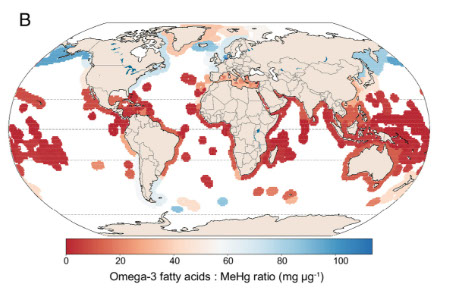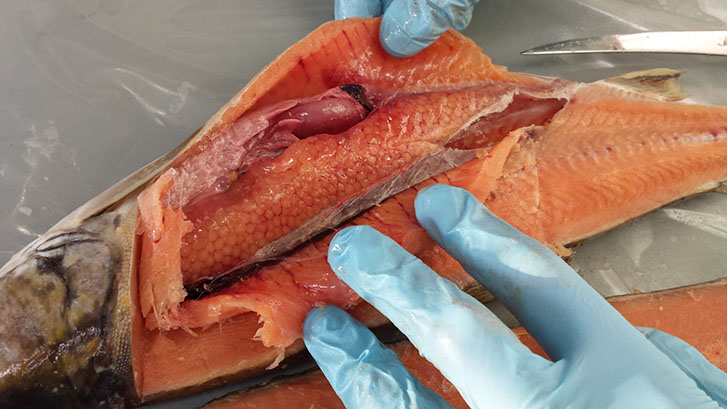
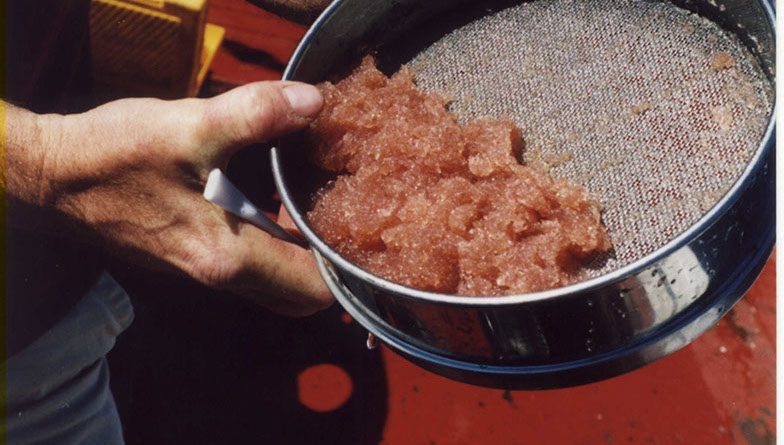
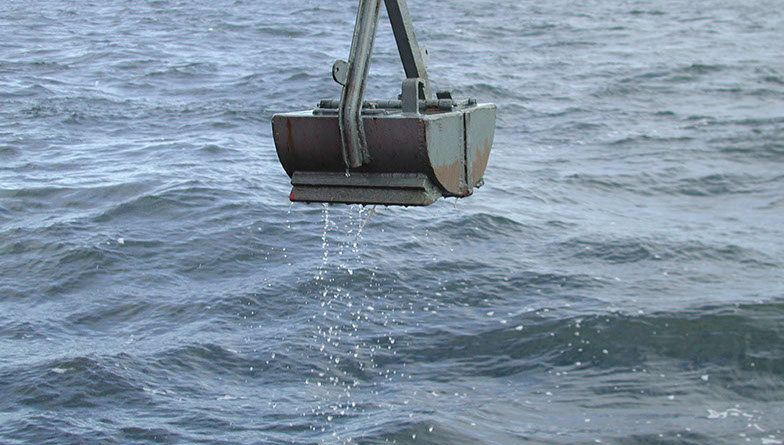
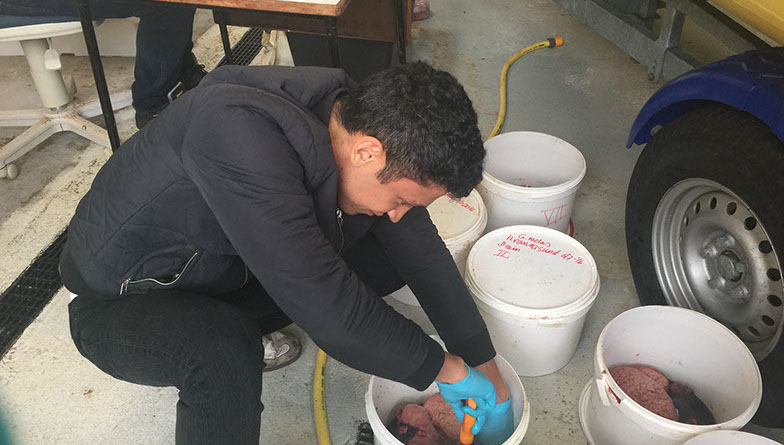
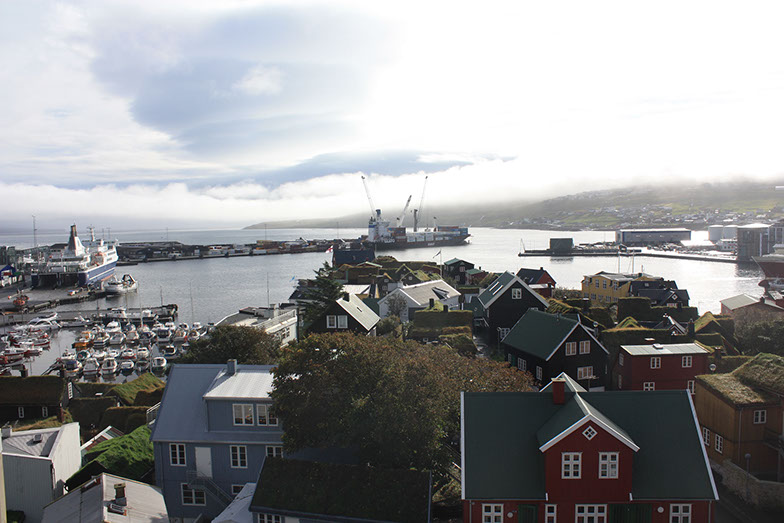
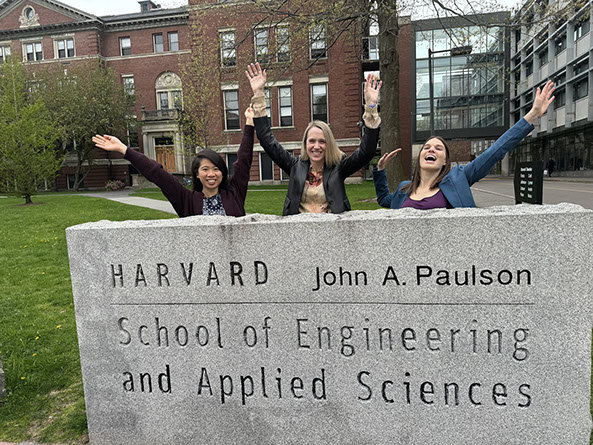
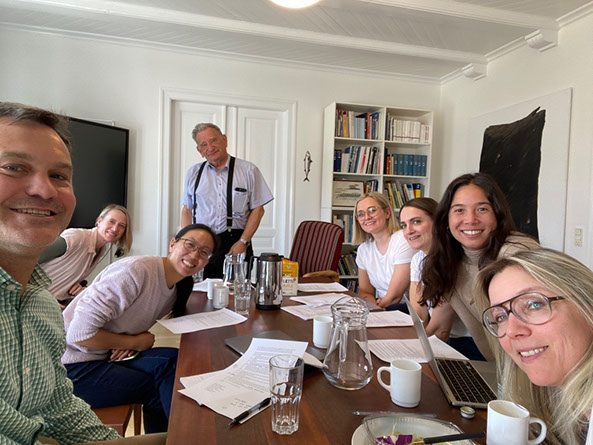
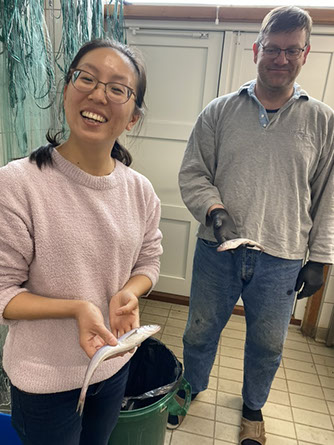
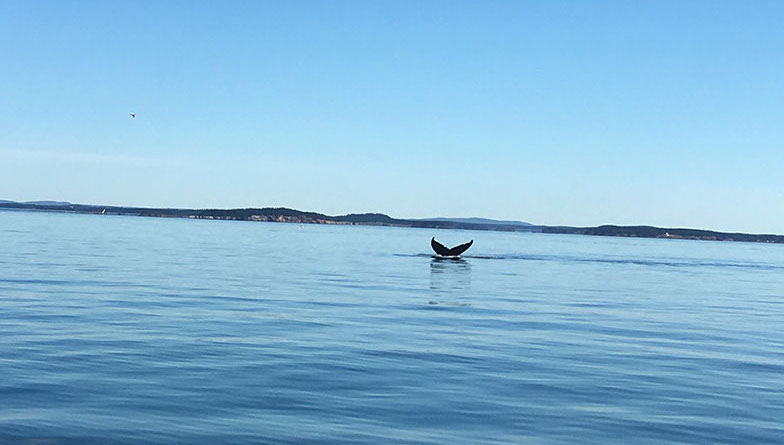
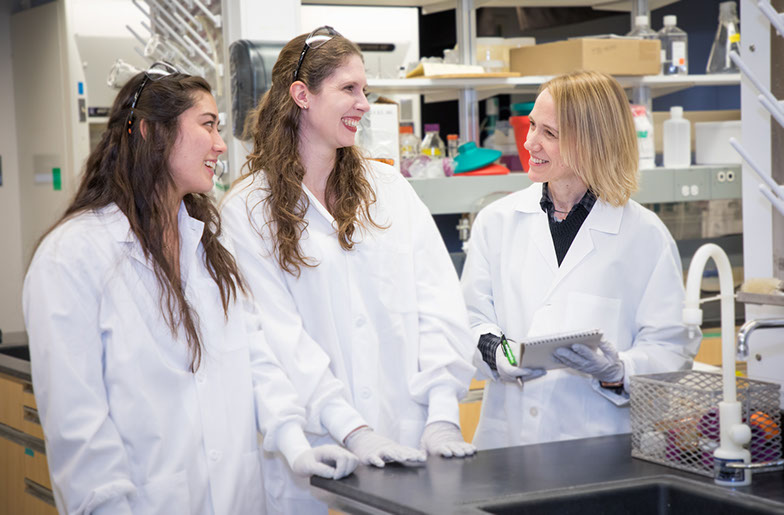
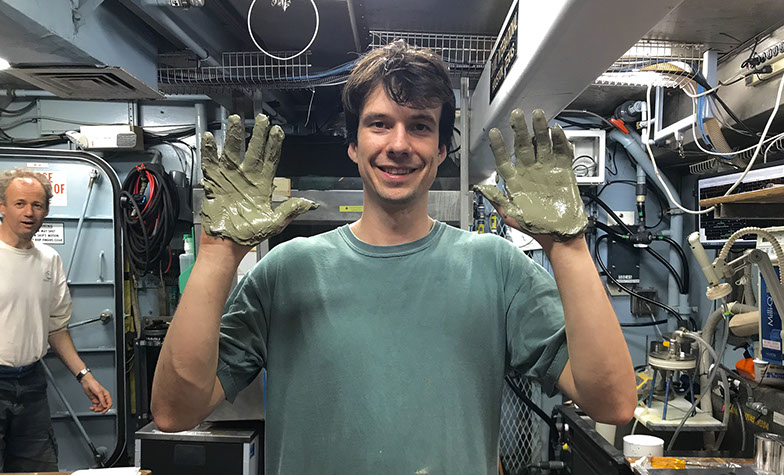
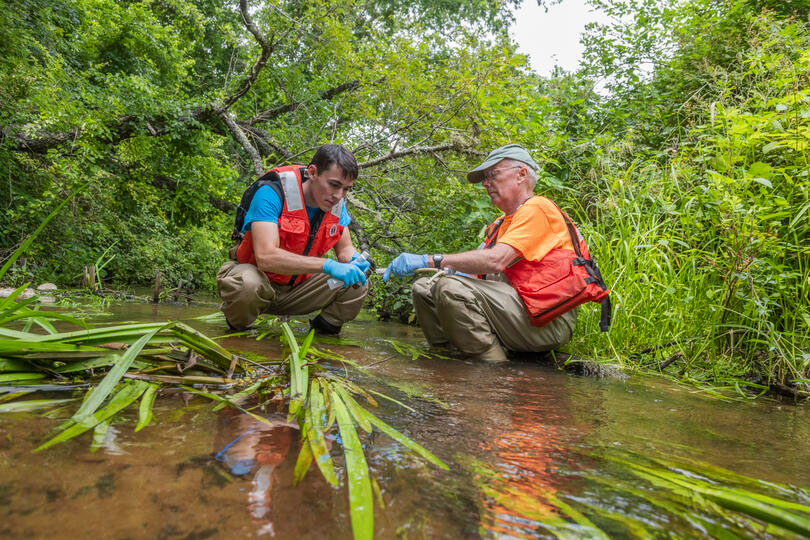
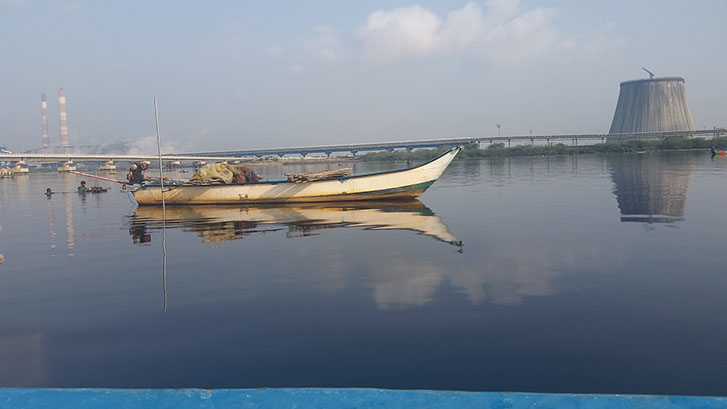
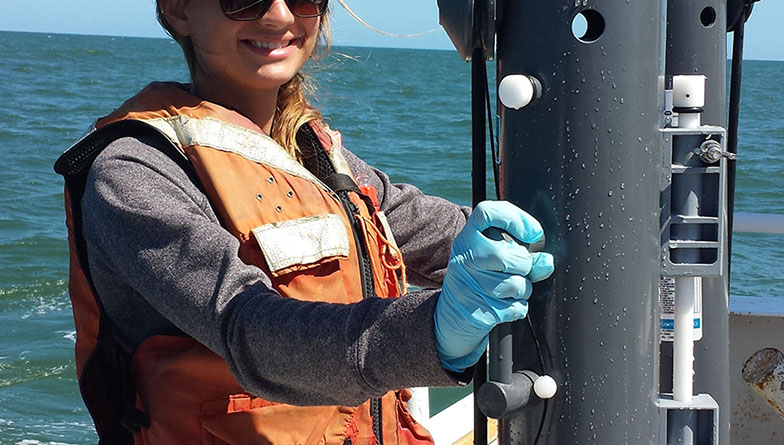
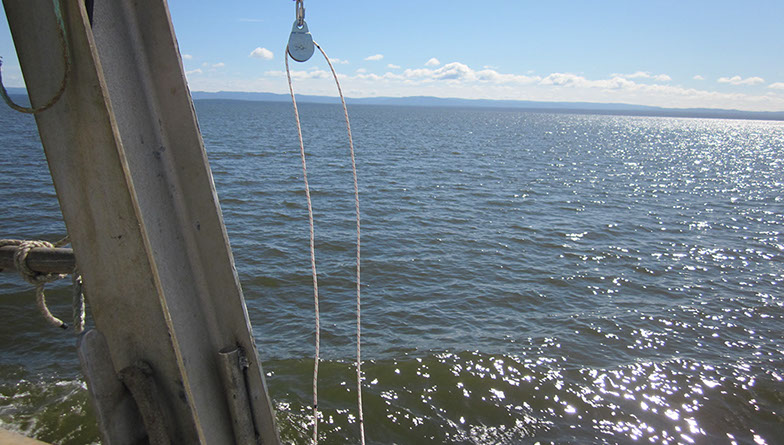
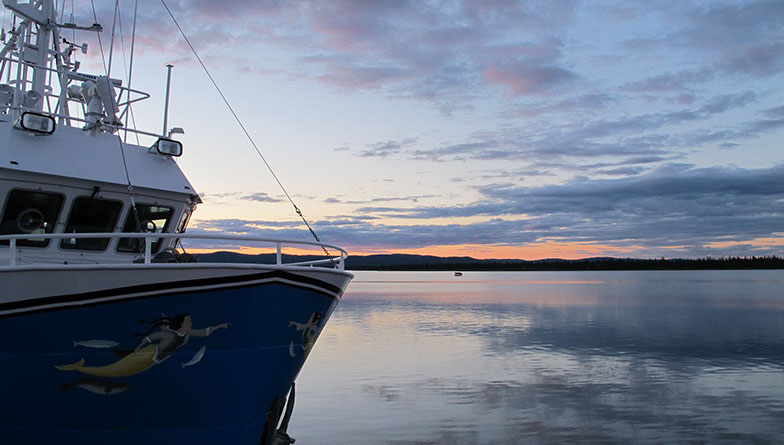
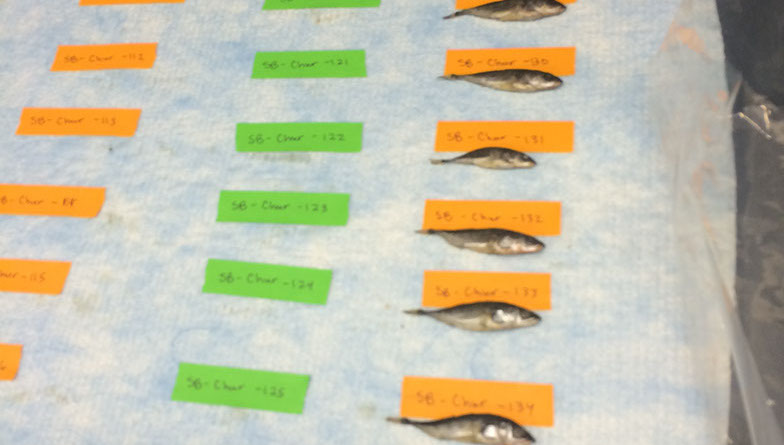
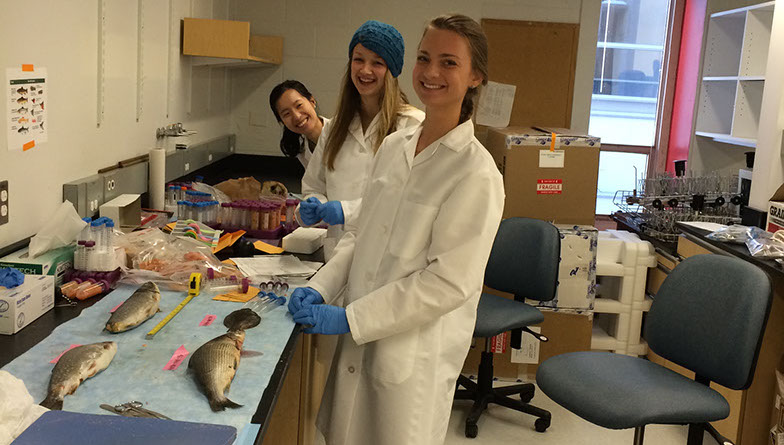
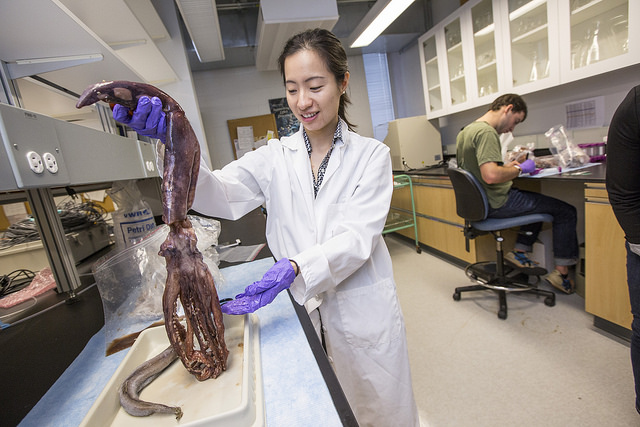
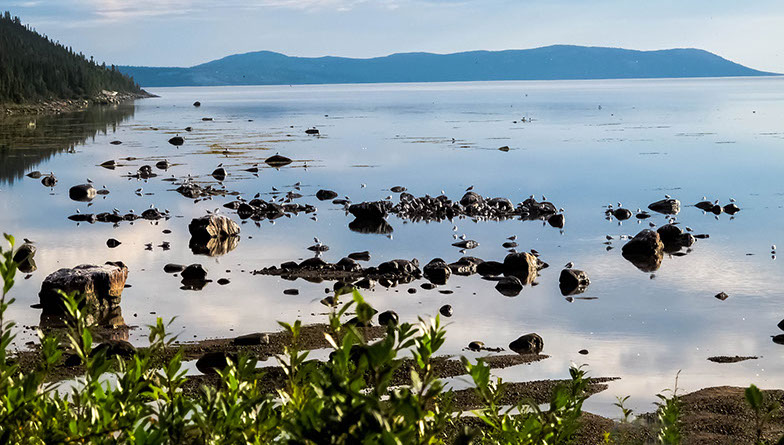
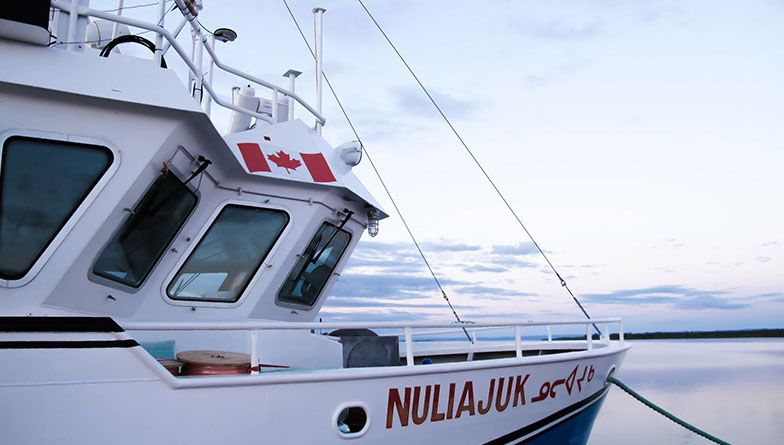
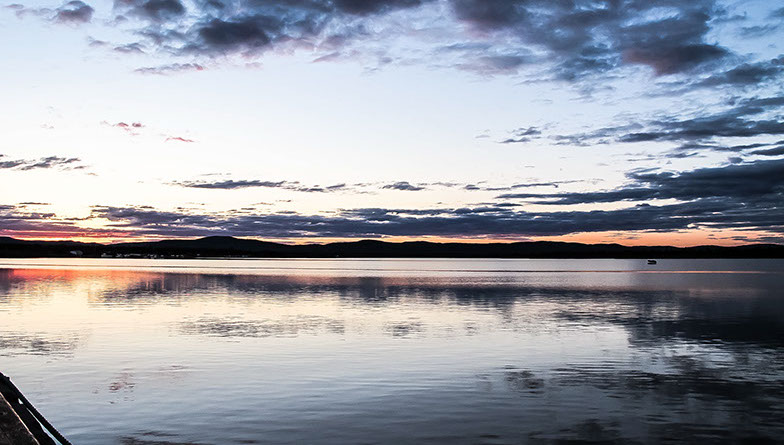
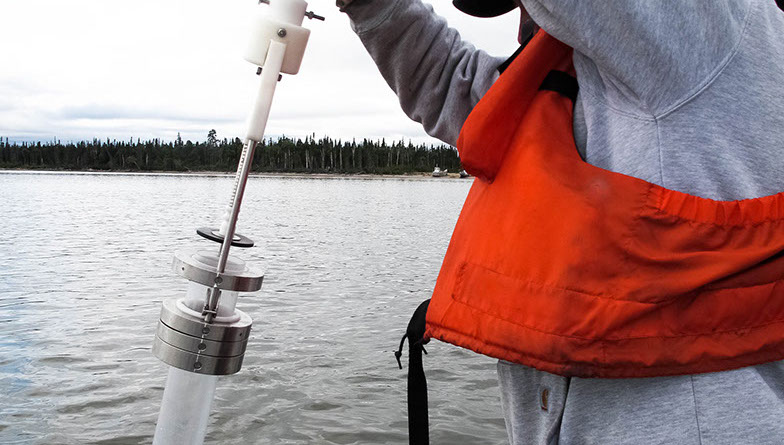
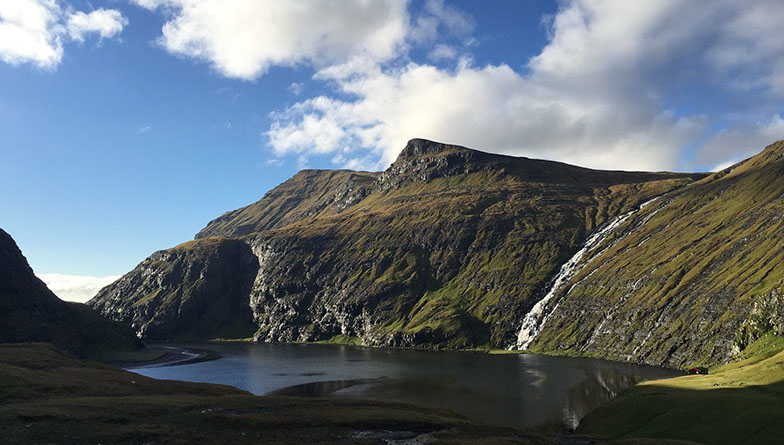
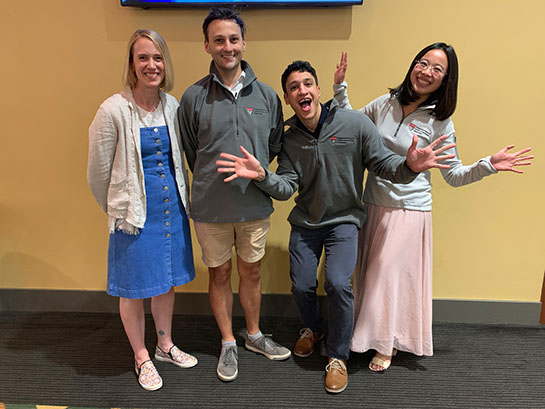

Our research goal is to better understand how chemicals released by human activity interact with natural ecosystems and affect living systems. Our work quantitatively analyzes the entire exposure pathway for pollutants to identify key processes that have a large influence on their accumulation in living organisms. Our research approach combines environmental measurements with statistical and mechanistic simulation models to project chemical levels over space and time. This integrated approach allows us to better understand how human activities and climate change are affecting human and ecological health risks associated with environmental toxicants.


Featured Paper
M Li, CP Thackray, VWY Lam, WWL Cheung, EM Sunderland. 2024. Global fishing patternns amplify human exposure to methylmercury. PNAS.
121(40), e2405898121
Summary
Methylmercury (MeHg) is a potent neurotoxicant that adversely affects human health. Wild-caught marine species sold in the global commercial seafood market are the main MeHg exposure source for many populations. Here, we identify where and how much MeHg is extracted from the ocean during global marine fisheries harvests. We find that the geographic distribution of MeHg “fished” from the oceans predominantly reflects the harvesting locations of large pelagic species. Expansion of multinational industrial fisheries, particularly in low-latitude ecosystems, has exacerbated MeHg exposures for global seafood consumers. This work reveals that most subsistence fishing populations likely exceed exposure thresholds for MeHg and highlights the disproportionate impacts of global mercury pollution on subsistence fisheries in developing countries. Read the press release on this work here:
Scroll down to learn more
- Below are a selection of figures from our recent papers -
PNAS
Journal of Exposure Science & Environmental Epidemiology
Environmental Science & Technology Letters
Environmental Science & Technology
Environmental Science & Technology
Environmental Health Perspectives
Environmental Science & Technology
SEE PUBLICATIONS FOR MORE
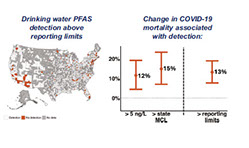
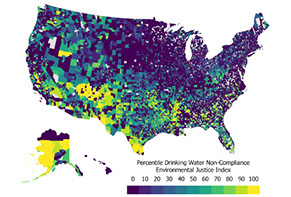
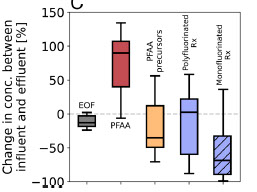
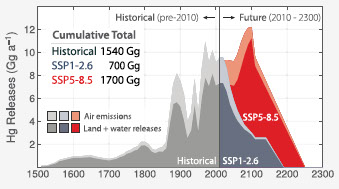
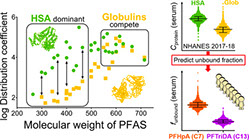
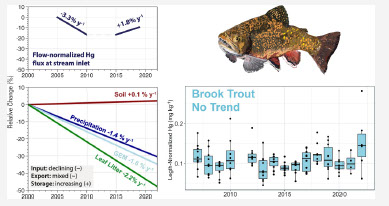
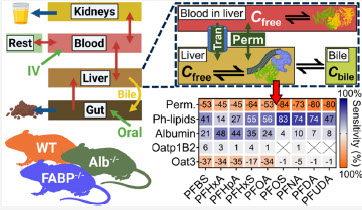
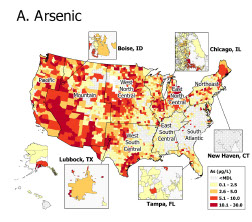
- Past Research Sponsors -





.jpg?crc=3767205290)
- Back to top -
Sunderland Lab

Group Administrator: Robert Stanhope
Address: 29 Oxford Street, Cambridge MA 02138
E-mail: stanhope [at] seas.harvard.edu
